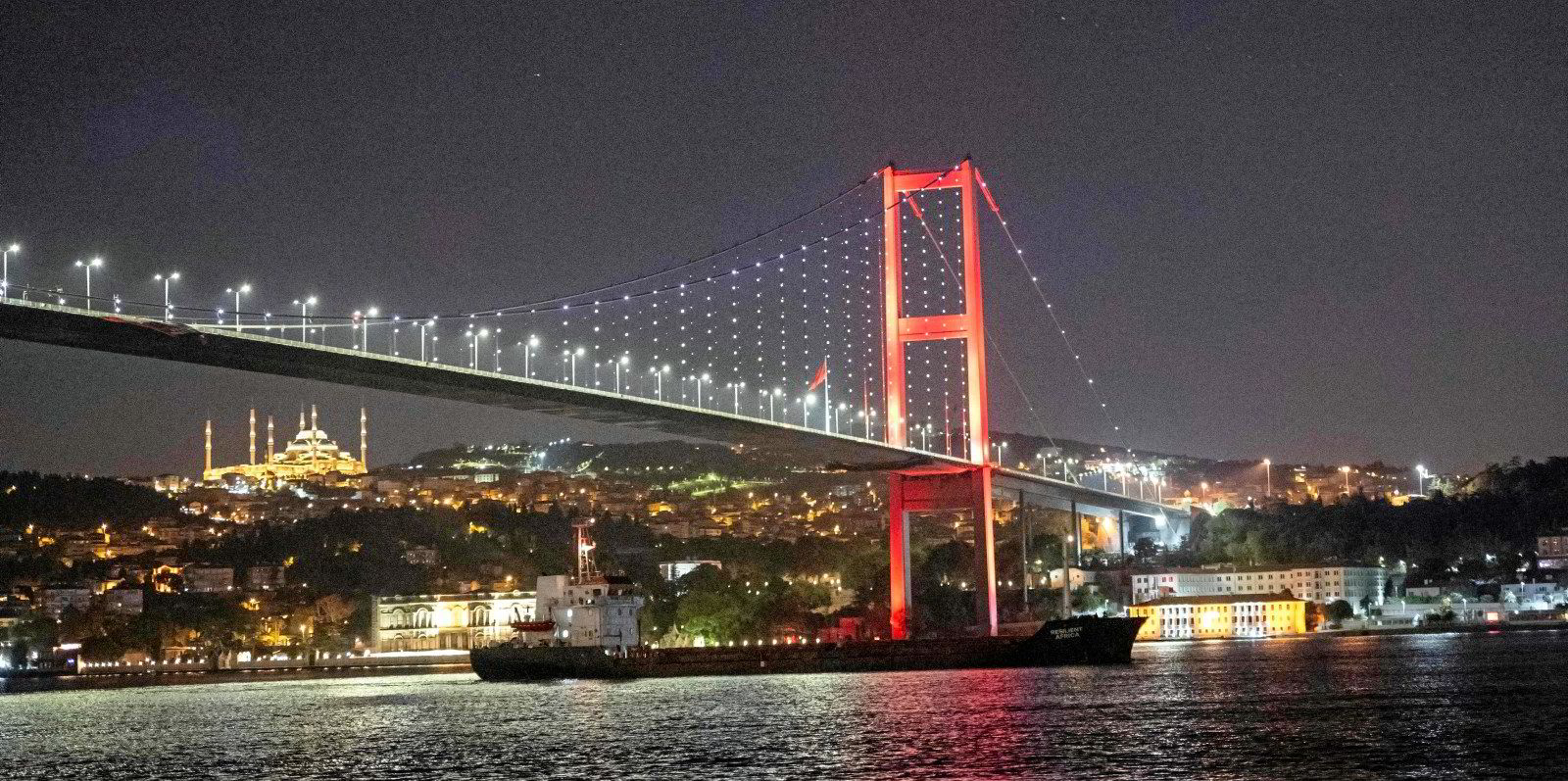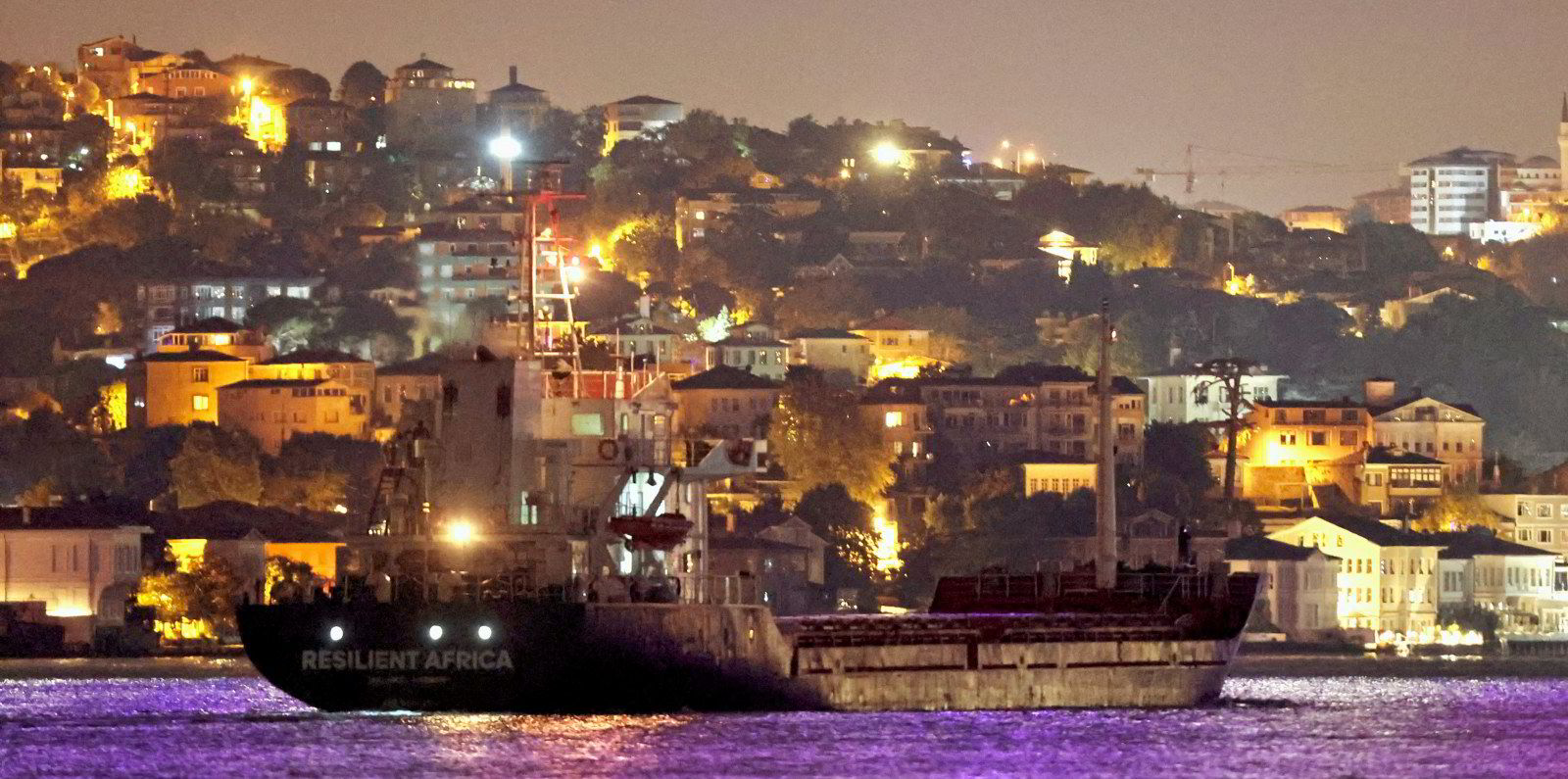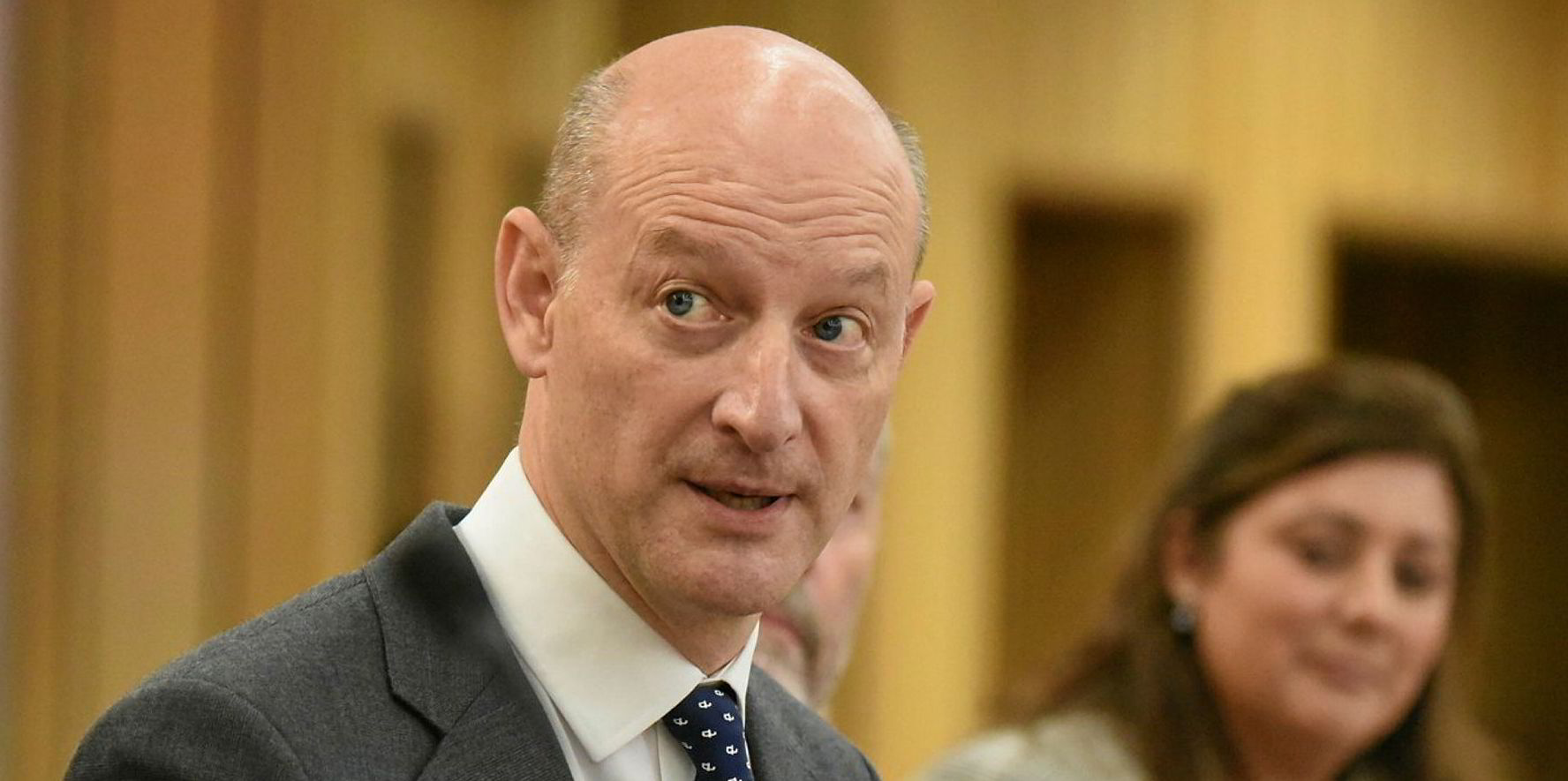Many veteran marine war risk underwriters claim nothing has happened in the ongoing war between Russia and Ukraine that they have not experienced before.
An armed threat and attacks on shipping with the intention of influencing international trade, followed by sky-high war risk rates, have all been witnessed in previous conflicts.
Inevitably, comparisons have been drawn between the situation in Ukraine and the so-called tanker wars in the 1980s, which involved direct missile attacks on tankers in the Middle East Gulf and Strait of Hormuz.
Richard Murray, managing associate at law firm CJC, has been involved in handling war risk claims around the Ukraine conflict, but he does not see the situation as a rerun of the Iran-Iraq war in the 1980s.
There are differences, not least the mass entrapment of ships and the disruption of Black Sea trades.
“Despite the intensity of the Gulf conflict, neither Iraq nor Iran made a serious impact on global oil supplies by attacking each other’s ships and installations,” Murray said.
During the Iran-Iraq war, the administration of US president Ronald Reagan deployed the largest naval convoy system since World War II, re-flagged tankers under the US flag, and placed military assets on board commercial vessels in the Middle East Gulf.
The move kept war risk premiums down and trade moving.
“The pattern and type of claims arising as a result was different and drawn out over a longer period,” Murray said.
The Ukraine conflict has seen a disruption of Ukraine grain exports since the Black Sea Grain Initiative collapsed in the summer. Some trade from deepwater ports has now been resumed under a Ukraine government initiative to which shipowners have responded.
The entrapment of ships in Ukraine also led to what Murray described as a “unique cluster of total loss and detention claims”.
He said the hundreds of seafarers on board those vessels in Ukraine also became a “constant concern” for shipowners and insurers.

The settlement of those claims trapped in the region for six or 12 months was, in some ways, straightforward. It was always clear that the predicament of the ships met the legal definition of a blockade.
The London Blocking and Trapping Addendum applies to blockages arising from a “warlike act” or “act of national defence”.
Russia’s hard-line and protracted detention meant it was not difficult for the legal threshold under war risk policies for a “continuous detention” to be met.
He said there were additional disputes over underlying contracts, such as charterparty and cargo, which have been settled using a “calm and commercial approach”.
Capacity in the war risk market has reduced due to some direct insurers and most reinsurers withdrawing from Ukraine and Russian business.
About 258 armed conflicts have taken place since World War II, and Murray said the threat that this represents to underwriters and their shipowner clients has not diminished.
He suggested that the Ukrainian conflict and the current situation in Taiwan are perhaps turning points in exposing the dangers posed by the shifting distribution of global power.
He believes the insurance market has to respond to these challenges.
“The future challenge for underwriters will be to decipher this fast-moving, complex environment effectively, to identify potential flashpoints,” he said. “Agility, adaptability and keeping prices in range will win out.”
But Murray believes the impact of sanctions on insurers is of greater concern than the recent availability of capacity to cover a revival in Ukraine Black Sea grain shipments.
“Although there was, and remains, a moral imperative to take economic steps against Russia, it has come at enormous cost to Western insurers and financial institutions — who are at the frontline of upholding sanctions,” he said.
“Sanctions have also motivated so-called ‘dark fleet’ practices and provided opportunities for states that do not subscribe to such measures to increase their trade with Russian interests.
“If the Ukraine war lasts another five or 10 years, the effect of sanctions in re-orientating the global economy may be irreversible.”





